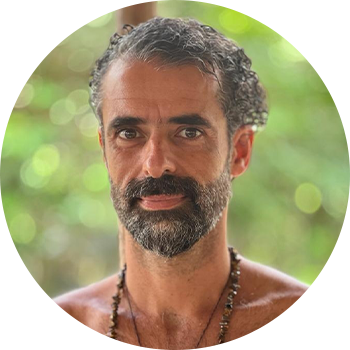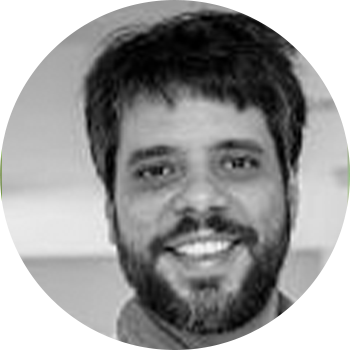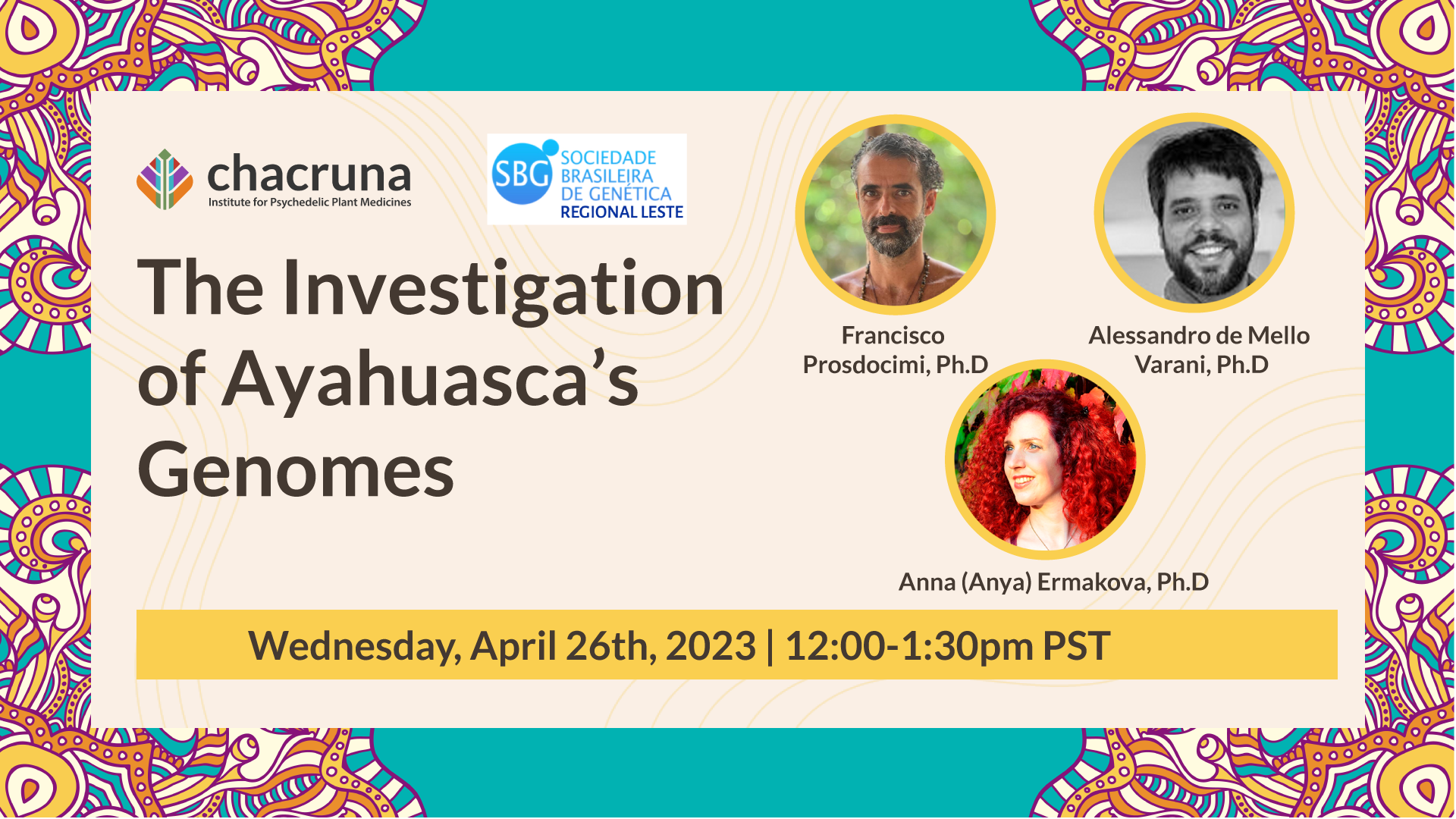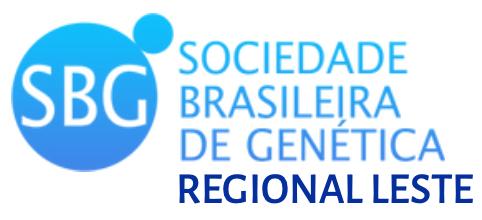Wednesday, April 26th, 2023 from 12:00-1:30pm PST
Register for this event here.
This event is a partnership between Chacruna and Sociedade Brasileira de Genética Regional Leste.
This community forum, hosted by Chacruna in alliance with the Brazilian Society of Genetics (SBG), will address the recent efforts to sequence the whole genomes of the two plant constituents of the ayahuasca brew. The ayahuasca genome project began in 2017 with the efforts of Prof. Francisco Prosdocimi, of the Federal University of Rio de Janeiro (UFRJ), in Rio de Janeiro. He invited a group of high-level researchers from multiple Brazilian universities to unravel the genomes of the two sacred plants that constitute this Amerindian beverage. Vegetal samples of chacrona/rainha (Psychotria viridis) and mariri/jagube (Banisteriopsis caapi) were acquired in collaboration with the Brazilian ayahuasca religion União do Vegetal (UDV) and sequenced using a modern strategy of producing long DNA sequencing reads. Using techniques from the field of bioinformatics, Prof. Alessandro Varani, from São Paulo State University (UNESP) (Jaboticabal), is working to assemble those sequencing reads in the nearly complete sequences of their chromosomes. Preliminary results indicate that the Banisteriopsis caapi vine may present a diploid genome with 10 pairs of chromosomes, while for the Psychotria viridis leaf, the results are still under analysis, though evidence indicates it is most likely an allotetraploid. In this conversation with Anna (Anya) Ermakova , Francisco and Alessandro will address the current findings and discuss how further studies based on the genome analyses will allow them to potentially identify the origins of the diversification of both sacred plants. They will also share their thoughts about their plans to identify enzymes used by plants to produce DMT (in the case of Psychotria viridis) and beta-carbolines (for Banisteriopsis caapi) and perform comparative genomics analyses to understand the evolution of those pathways in closely-related plants. Join us in this discussion on how the genome project of ayahuasca can help deepen knowledge of ayahuasca and its constituent plants; honor these sacred plants and the traditions they are part of; and acknowledge and give thanks to the Amerindian cultures that have brought us this knowledge.

Francisco Prosdocimi is associate professor and researcher at the Federal University of Rio de Janeiro (UFRJ, Brazil) and regional president of the Brazilian Society of Genetics (Regional East). He works in plant and animal genomics, and origin of life. He published books entitled “What is science? Science under an examination of conscience” (2020) and “The emergence of biological systems” (2019). He created the INCREDIBLE SCIENCE project of science outreach, aiming to disseminate scientific knowledge using methods based on theatre, music and visual arts. He founded the Genomics and Biodiversity laboratory in 2011 and has published outstanding work with bird genomes. His projects aim to document biodiversity at the molecular level by studying genomes of organisms from the Brazilian fauna and flora. He has important and consistent international research experiences, having worked in the UK, France, USA, Germany, Italy and Mexico. He participates in national and international groups of excellence in scientific research, having published in important journals such as: Nature, Science, PNAS, Nucleic Acids Research, Genome Research and others.

Alessandro de Mello Varani is a researcher at São Paulo State University (UNESP). I work with genomics and bioinformatics of microorganisms and plants, studying the genome of carnivorous plants belonging to the Lentibulariaceae family, as well as other species of plants from our biodiversity, in particular Cupuaçu, Maracujá, and plants used in the preparation of Ayahuasca, an entheogenic beverage produced from the combination of Banisteriopsis caapi with Psychotria viridis.

Anna (Anya) Ermakova has a motley background and broad research interests combining nature conservation, ethnobotany, neuroscience and psychiatry, interweaving and connecting these diverse paths through psychedelic science. Anya worked at the forefront of psychedelic research as a science officer at the Beckley Foundation, and has provided psychedelic welfare and harm reduction services with PsycareUK and Zendo. Deep love for nature and wildlife has motivated Anya to study biology at the University of Edinburgh, while a quest to understand altered states of consciousness has prompted her to specialise in neuroscience and later continued during her PhD in psychiatry at Cambridge, where she investigated the origins of psychosis. She then worked for the NHS, developing and trialing a new psychosocial intervention for psychosis. After a brief stint as a clinical trial manager, she had decided to pursue her passion for nature, by studying Conservation Science at Imperial College London, where she researched peyote ecology in Texas, USA. Anya is working as a research consultant in London, is a member of the Board of Directors of the Chacruna Institute for Psychedelic Plant Medicines, and member of Chacruna’s Council for the Protection of Sacred Plants. She is also board member of the Cactus Conservation Institute.
This talk will be recorded and immediately available for rewatch for all attendees.
Do you love Chacruna? Want free entry to events, access to our online member community and exclusive events, free merchandise, and much more! Become a member!
Scholarships Available – apply here.
Take a minute to browse our stock:
Did you enjoy reading this article?
Please support Chacruna's work by donating to us. We are an independent organization and we offer free education and advocacy for psychedelic plant medicines. We are a team of dedicated volunteers!
Can you help Chacruna advance cultural understanding around these substances?












